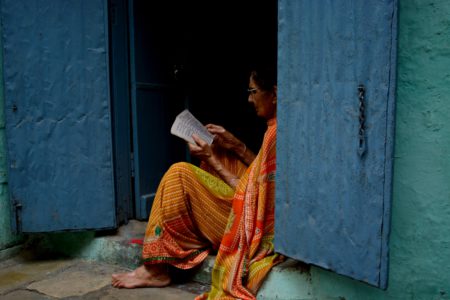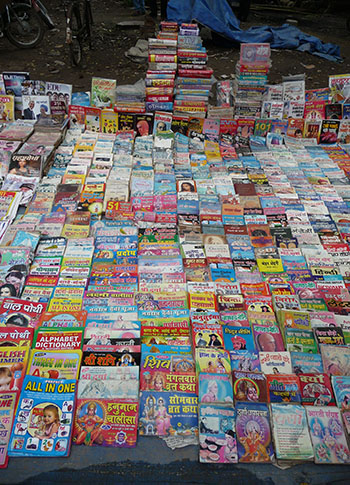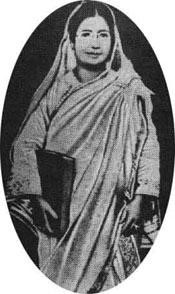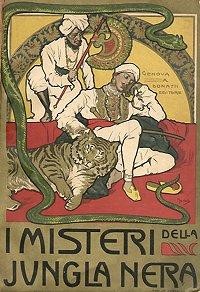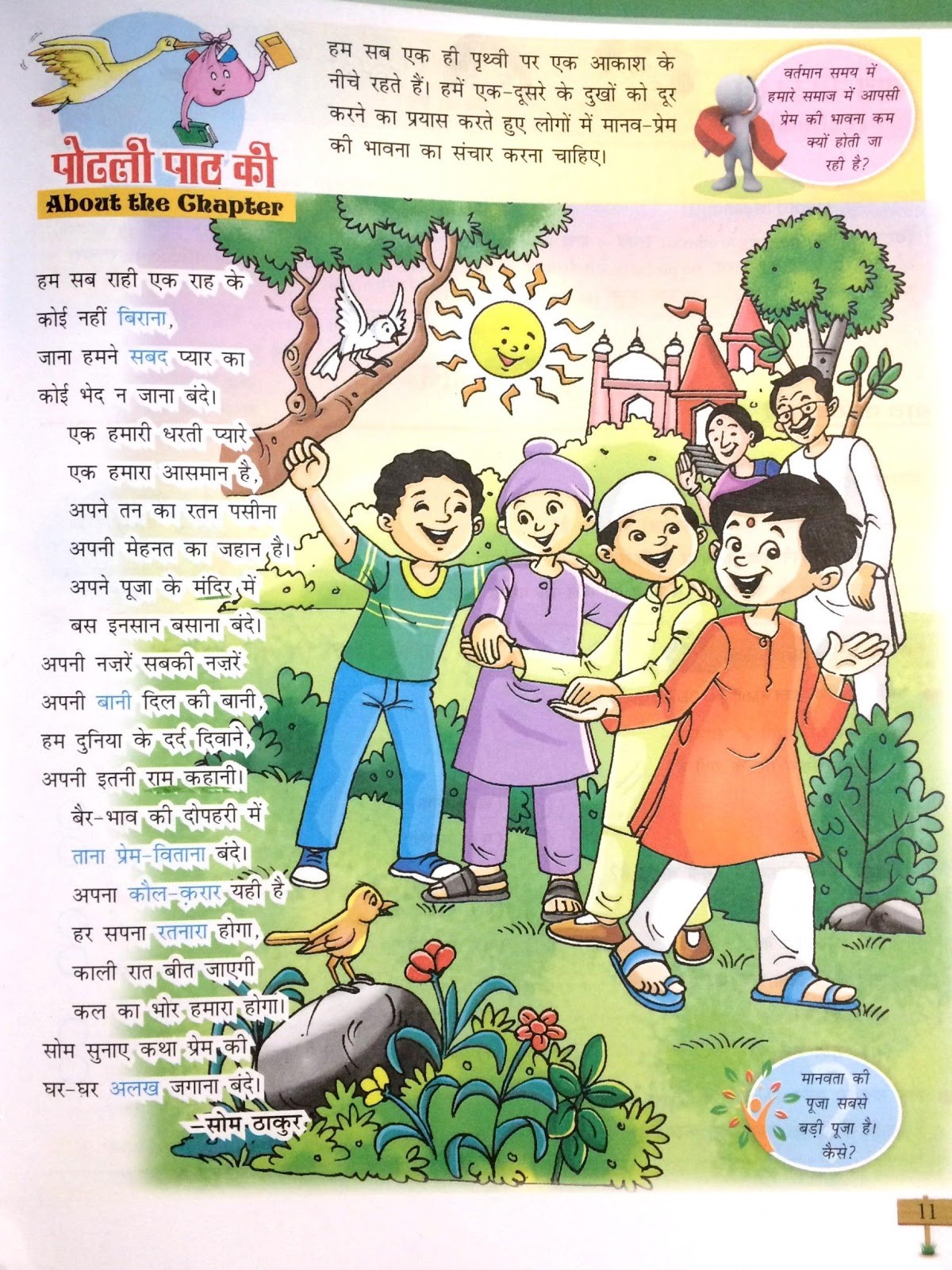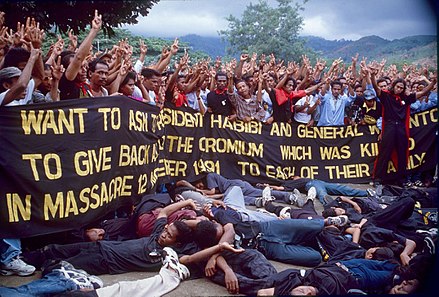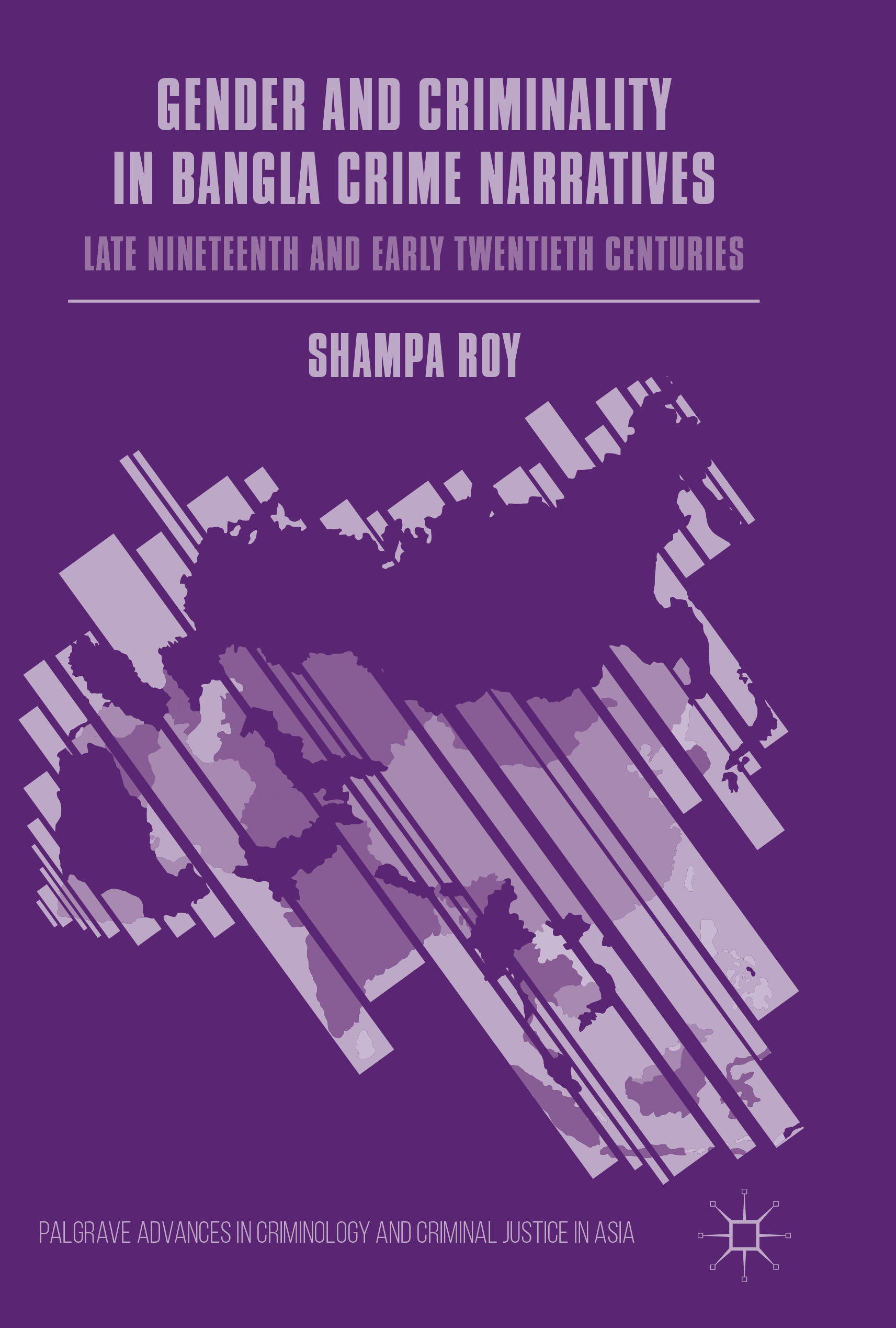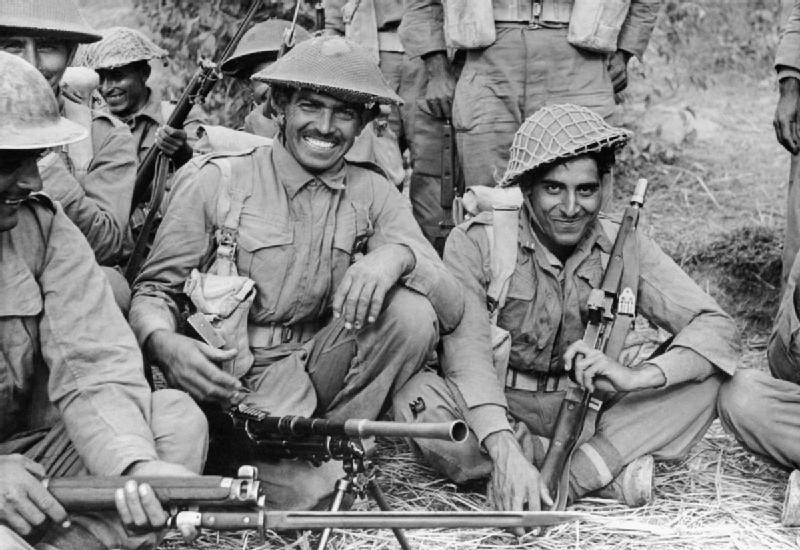Postcolonial Print Cultures Conference: “How do we stop being somebody else’s image?”
Laetitia Zecchini discusses the politics of literary translation and publication, particularly surrounding the journal Quest funded by the International Council for Cultural Freedom, itself backed by the CIA. She examined the editor Nissim Ezekiel’s own positions and motivations, noting that for him Quest’s purpose was the create the conditions in which the magazine would provide the freedom to debate, argue, and hold different theoretical positions, creating a space of cultural independence which could in turn realise political independence.


